From Pharaohs to Ports: Egypt’s Produce Export Journey
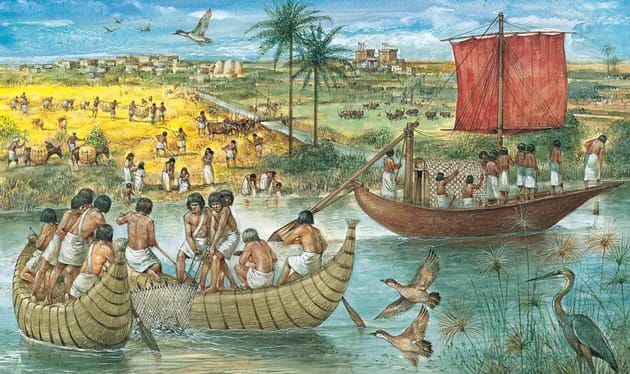
Egypt is known for its rich agricultural history and has been a major player in global produce trade. Found on the banks of the Nile River, Egypt’s lush lands have provided food and wealth for thousands of years.
Historically, Egypt was hailed as a global provider of grains because it grew many crops on the fertile land along the Nile. Ancient Egyptians raised a mixture of grains, fruits, and vegetables that not only fed the local community but were also popular goods in trade connections that reached the Middle East and further.
Egypt’s strategic geographical position at the juncture of Africa, Asia, and Europe made it an important center for global business. Merchants traveling crucial ancient trade paths like the Silk Road and Incense Route stopped in Egypt to trade items like spices, textiles, and agricultural products.
The Greco-Roman period saw agricultural achievements flourish in Egypt. The introduction of new crops such as wheat and barley, coupled with improved irrigation methods, increased farm productivity. This helped solidify Egypt’s role as a central food provider to Mediterranean areas.
In the 7th century after Arab conquest brought Islam into the region, an era of renewed progress in agriculture began. Arab settlers presented progressive farming techniques as well as new crops like citrus fruits and cotton that fit well with Egypt’s warm climate and fertile land.
The colonial era both helped shape and posed issues for Egyptian agriculture. During British governance, there was modernization on an unprecedented scale which increased crop production, especially garlic and sugarcane, along with the expansion of agricultural lands opening opportunities to export which boosted the economy. Garlic and onion are among the many crops grown in Egypt, contributing to its diverse agricultural landscape. This helped solidify Egypt’s role as a central food provider to Mediterranean areas. Therefore, sustainable farming methods such as drip irrigation systems and organic cultivation are steadily being used to tackle these issues promising the long-term survival of Egypt’s vegetable export sector.
In the current times, Egypt’s farming industry keeps changing to fulfill worldwide market needs. The country excels in producing and exporting numerous fruits, vegetables, and spices such as oranges, grapes, tomatoes, and onions. Progress in irrigation technology, machinery, and crop handling has improved output and effectiveness. This helps Egyptian farmers compete internationally.
Both domestic laws and global trade accords have significantly influenced Egypt’s vegetable export sector. Freer trade policies, infrastructure development efforts, and involvement in regional economic groups have broadened market access and eased the transboundary movement of items. Yet Egypt’s farming industry experiences many difficulties like lack of water resources, land erosion, climate shifts. Therefore, sustainable farming methods such as drip irrigation systems and organic cultivation are steadily being used to tackle these issues promising the long-term survival of Egypt’s vegetable export sector.
Summing up, Egypt’s transformation from a local agricultural powerhouse to a global exporter of produce speaks volumes about its rich past story, its inventive nature as well as its ability to persevere through tough times. As they look forward further responsible use of natural resources coupled with sustainable development will be crucial for continual growth and affluence in their agricultural field.
Explore
-
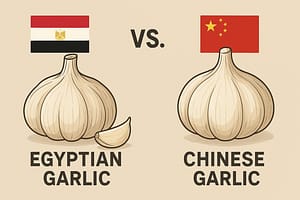
Egyptian Garlic vs. Chinese Garlic: A Comprehensive Comparison for Importers
-
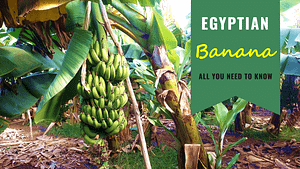
Egyptian Bananas: Top Facts, Importing Guide, and Exporters
-
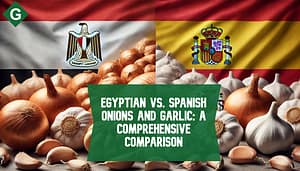
Egyptian vs. Spanish Onions and Garlic: A Comprehensive Comparison
-
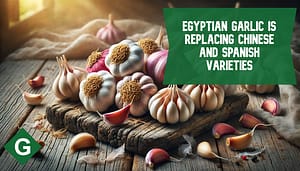
Egyptian Garlic Is Replacing Chinese and Spanish Varieties—Here’s Why
-
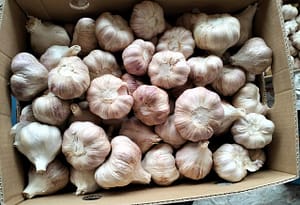
Egyptian Garlic: Premium Quality from Gezira United, Your Trusted Exporter
-
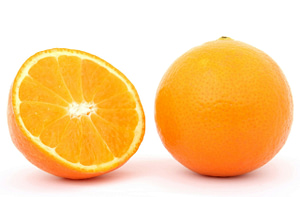
Egyptian Valencia Orange Season Has Just Begun
